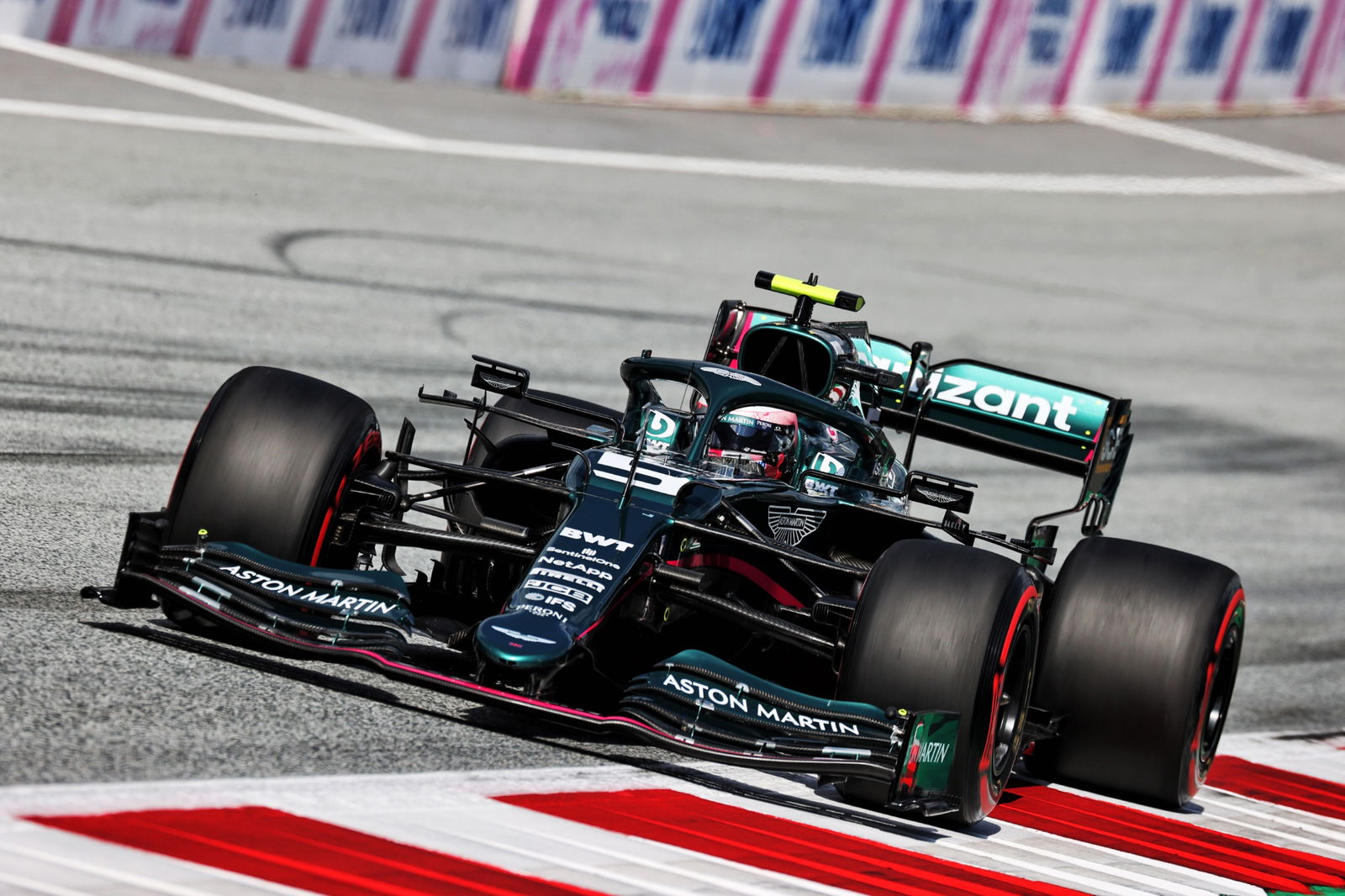“Very positive discussions” take place during F1’s engine meeting

The future direction of F1’s 2025 power unit regulations were at the forefront of the meeting which involved current engine manufacturers and those potentially interested in entering the sport.
Ferrari’s John Elkann, Renault CEO Luca de Meo, Mercedes’ Ola Kallenius were joined by the Volkswagen Group which was represented by Audi chairman Markus Duesmann and Porsche CEO Oliver Blume.
F1 chiefs Stefano Domenicali and Ross Brawn, and FIA president Jean Todt were also in attendance.
“Very positive discussions took place today with all of the current and potential new Power Unit suppliers regarding the next phase of the Formula 1 Power Unit,” a statement from F1 read.
"The discussions will continue over the coming weeks with further news to be announced following those discussions.”
F1 is keen for its next generation of engines to be powered by sustainable fuels to replace the current 1.6 litre V6 hybrid power units which have been used since 2014.
Red Bull, which is creating its own power unit division to takeover Honda’s engine project from 2022 following the Japanese manufacturer’s exit, has called on F1 to take a “clean sheet” approach into the next era of engines.
“This engine is going to be with us for the next 10 years when it’s introduced,” Red Bull team principal Christian Horner said.
“I would rather take the time to come up with something exciting, different, and relevant that fits the criteria of cost, of performance, and that encourages close racing.
“Of course we should also not discount sound and emotion. For me, those are the criteria that should be focused on.
“It would be a great shame to carry over what currently is a very expensive engine and try and make it cheap. You can’t fly in first class and pay an economy ticket.
“Hopefully there’s an opportunity - particularly if it was for ’26 - to come up with an engine that’s sustainable, that’s environmentally friendly, that uses biofuel, that is a bit more of a clean sheet, perhaps with elements of standardisation where costs can clearly be controlled, rather than just carry over what we currently have.”


